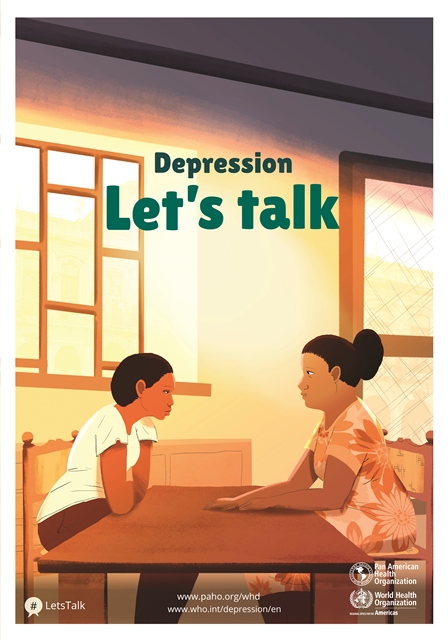Depression is a common but serious illness which interferes with daily life, the ability to work, sleep, study, eat, and enjoy life. Depression is caused by a combination of genetic, biological, environmental, and psychological factors. Some genetics research indicates that risk for depression results from the influence of several genes acting together with environmental or other factors. Some types of depression tend to run in families. However, depression can occur in people without family histories of depression too. People with depressive illnesses do not all experience the same symptoms. The severity, frequency, and duration of symptoms vary depending on the individual and his or her particular illness.
THIS PAGE HAS BEEN ARCHIVED AND IS NO LONGER UPDATED.
We apologize for the inconvenience.
To find similar material or the current version of the page, please visit one the following resources:
Health Topics || Country Sites || News Releases || Our New Homepage
ESTA PÁGINA HA SIDO ARCHIVADA Y YA NO ES ACTUALIZADA.
Pedimos disculpas por la molestia.
Para encontrar material similar o una versión actualizada de la página, visite uno de los siguientes recursos:
Temas de salud || Sitios de países || Comunicados de prensa || Nuestra nueva página de inicio
Depression
World Health Day 2017: Depression: Let´s Talk

Depression was the theme for 2017 World Health Day. Depression affects people of all ages, from all walks of life, in all countries.
Yet, depression can be prevented and treated. A better understanding of what depression is, and how it can be prevented and treated, will help reduce the stigma associated with the condition, and lead to more people seeking help.
Learn more about the campaign at Depression. Let´s Talk

